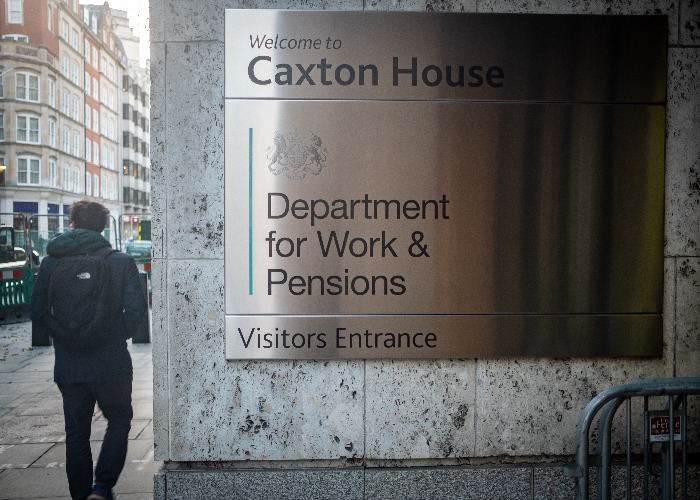DWP criticised after £512m paid to dead pensioners

Critics point out that the lost money could have paid for 1.3 million Winter Fuel Payments.
Civil servants paid dead pensioners over £500 million in five years, according to official figures.
The Department for Work and Pensions (DWP) has inadvertently paid out £512 million in State Pension and Pension Credits to deceased pension claimants since 2019-20, including a record £159 million mistakenly paid out in the last financial year.
Families are not legally obliged to pay the money back and, so far, only half the cash (£255 million) has been returned to the Government.
Critics say the money that remains outstanding could have covered Winter Fuel Allowance payments for 1.3 million pensioners.
The true extent of the waste
The data was revealed following a Parliamentary question by Reform MP for Great Yarmouth, Rupert Lowe.
"This is a shocking waste that underlines the contempt with which the Government treats taxpayers’ money," he told the Telegraph.
"Why is it tolerated? Why is the return of this money not enforceable? This is wide open to fraud and abuse.
“It needs to be clamped down on as part of a wider Government effort to slash down on misspending.
"We must keep pushing for transparent data to uncover the true extent of the waste."
The difficulties in recovering the cash
However, DWP’s parliamentary under-secretary Andrew Western explained that the lost money is only a tiny amount of the total pensions budget: "Direct payments made into an account after the death of a customer represent only around 0.1% of total annual expenditure on pensions,” he said.
"Although these are treated as non-recoverable and are not enforceable by law, we can request the money back as a voluntary payment.
“So far, we have recovered around half of the overpayments, to avoid this becoming a long-term cost to the taxpayer."
Legally in England and Wales deaths must be reported within five days of the death - or the discovery of the deceased’s body - and within eight days in Scotland.
Nevertheless, given the pension payment cycle, a deceased pensioner’s final State Pension payment may regularly cover additional days after their death.
Former pensions minister Steve Webb, partner at LCP, acknowledged the difficulties of claiming back money from grieving relatives, explaining that pensions were normally paid four-weekly in arrears and often cover days after the person has died, even if the family have immediately contacted the DWP.
He told the Telegraph that sending letters about overpayments to families in mourning was “unwelcome” given “everything else that the family is dealing with” and should only be sent out if there is “a legal basis” to do so.”
Comments
Be the first to comment
Do you want to comment on this article? You need to be signed in for this feature
